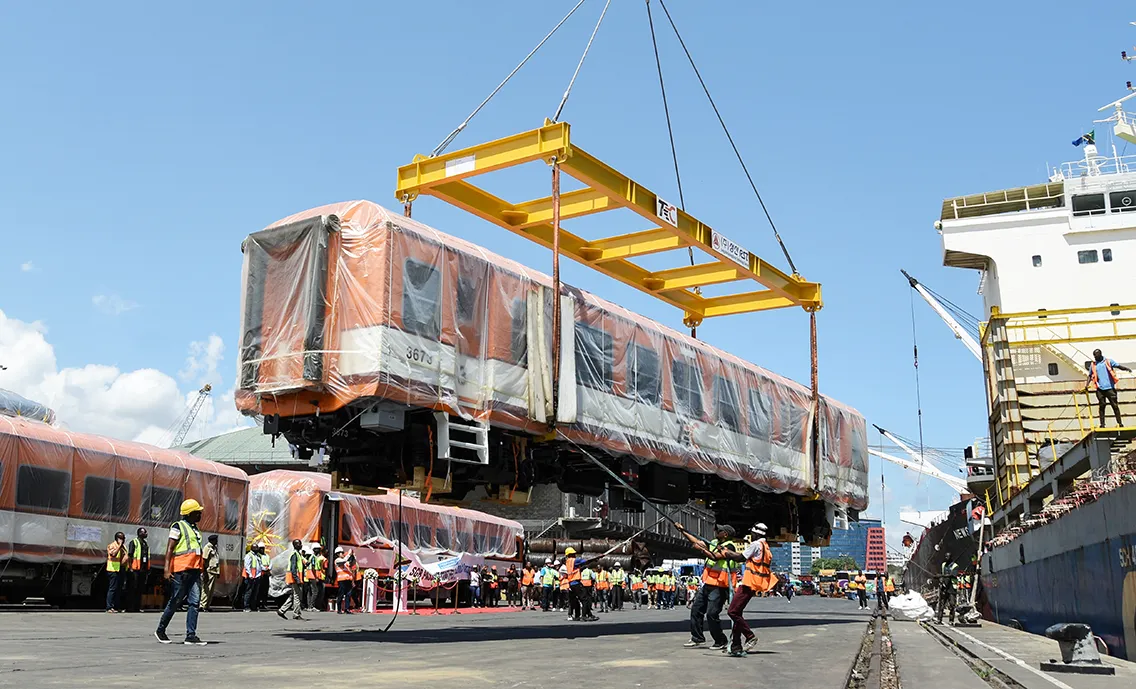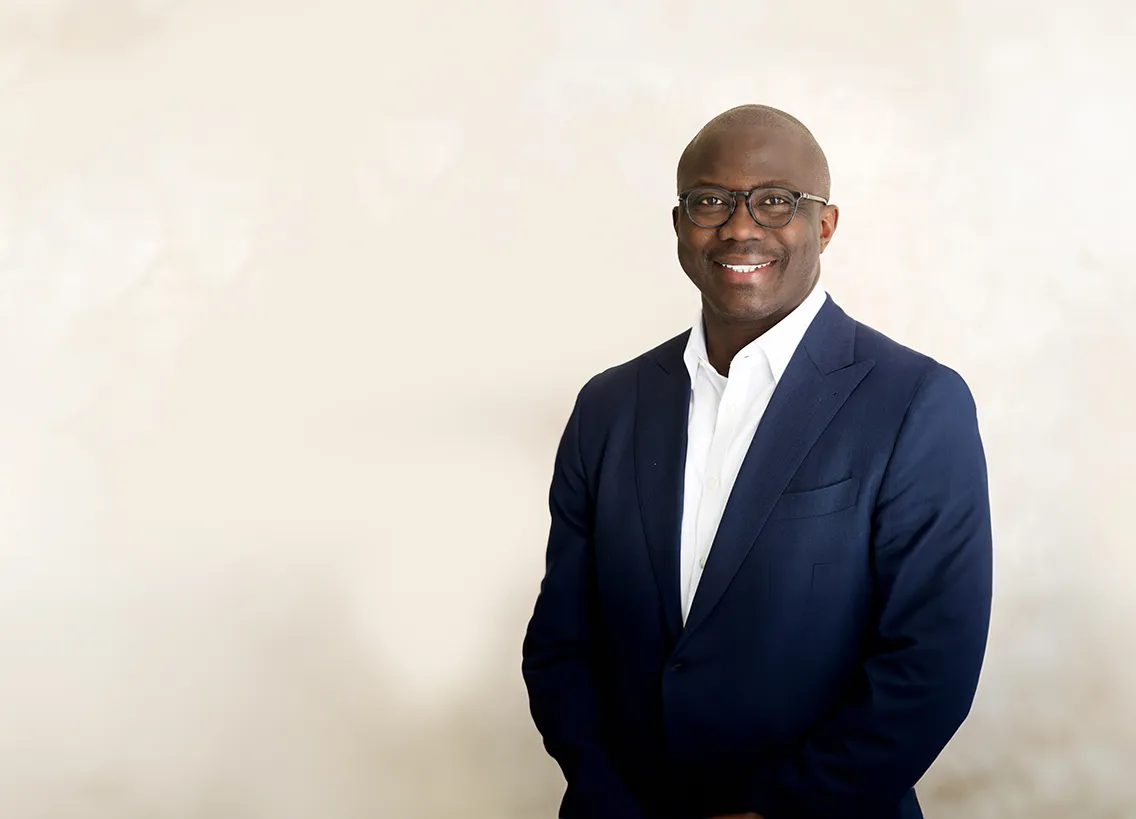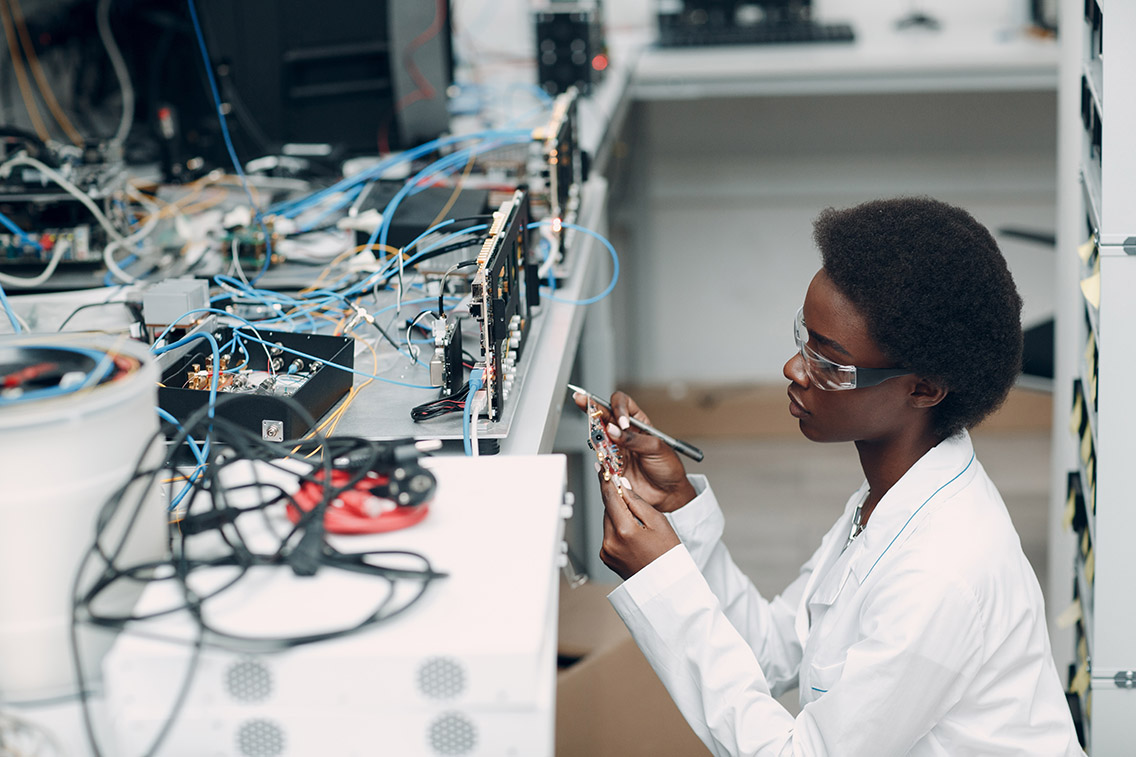
This article was sponsored by Africa Finance Corporation
The Red Sea Power wind farm, inaugurated in September 2023, is Djibouti’s first significant private investment in the energy sector through the Independent Power Producer model. It follows a 60 MW wind project, also in the Ghoubet area near Lake Assal, which started commercial operations in 2021. The site is located between mountains and the wind is constant enough that the project is described as “almost baseload”. It is a powerful symbol of the rapid progress that AFC has been able to unlock through its innovative financial solutions.
AFC led the strategic investment to construct and operate the wind project, helping to mobilise $63m to build the wind farm from the ground up. One reason for its success is that AFC and its partners adopted the innovative all-sponsor equity financing model.for this transaction. This enabled construction to start within two years, a significant reduction from the typical 3-5 year cycle.
Accelerating the move to renewables
Speaking to African Business from AFC’s headquarters in Nigeria, senior vice-president Osaruyi Orobosa-Ogbeide said that the deal is a blueprint for greater things to come, not just in Djibouti but across the continent. “This project is special for many reasons, one of which is the unique all-equity financing structure that allowed AFC and its partners to accelerate and de-risk the development of the project and allow investors to come in later,” he said.
He stated that AFC is ready to invest risk capital in projects that can accelerate Africa’s shift to renewable energy and reduce project development cycle timelines. He lauded the remarkable speed with which the Djibouti project was developed and financed, and highlighted the social impact this had on communities, considering the project started construction during the Covid-19 pandemic. He said AFC aimed to apply the same deal structure across the continent: similar deals have had positive results in Côte d’Ivoire, where projects have made significant progress in the construction phase due to the compelling deal structure. AFC is planning to expand the Djibouti project, and it may likely be structured using this unique financing structure.
“We have proposed to the government an additional 45 MW, and we will most likely repeat the deal structure,” he said. “The rule of thumb for us now is that if it is a renewable energy project below $200m in total project costs, we would most likely do it on an all-equity financing basis as we are able to find partners who could write the cheque alongside the AFC to de-risk the project and get it across the finish line.””
Partnerships and collaboration
Osaruyi explained that AFC’s strategy of taking this type of risk in deals was to attract more capital and partners. “The goal is not for AFC to fund the project alone. We will collaborate with partners to share the risk and always encourage local participation and ownership in the project.” Osaruyi is keen to stress the important role the government of Djibouti played in the success of the project. “Infrastructure projects are always full of challenges. The good thing here is that we have the backing of a government that considers the project as a priority.” AFC has been the leader of the wind farm project since 2017, securing a 25-year take-or-pay power purchase agreement with Électicité de Djibouti as the buyer, and signing an implementation agreement and with the government of Djibouti supported by a government guarantee.






Recent Comments